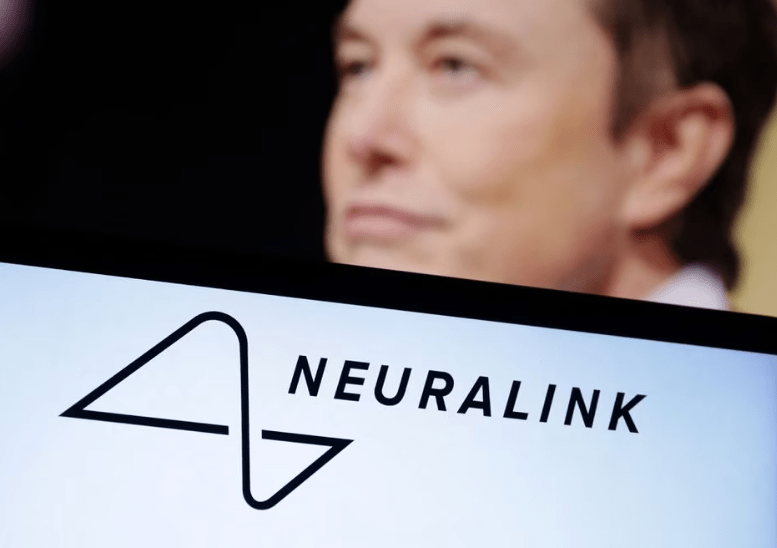
Musk’s brain-computer interface startup Neuralink said on Tuesday (19th) that it had received approval from an independent review committee to begin recruiting paralyzed patients for human trials of the brain-computer interface device it developed.

The trial will take approximately six years. Neuralink said patients who are paralyzed due to cervical spinal cord injury or amyotrophic lateral sclerosis (ALS) will have the opportunity to participate in the trial, but it did not release the specific number of trial patients.
Neuralink said it plans to use robots to surgically implant brain-computer interface devices in patients' brains in areas where they intend to move. Their initial goal is to allow paralyzed people to control the mouse and keyboard with just their thoughts after implanting the device
Neuralink had earlier hoped to be approved to connect the device to 10 patients, but after the U.S. Food and Drug Administration (FDA) raised safety concerns, the company renegotiated with the FDA to reduce the number of patients, according to company employees. It's unclear how many people the FDA ultimately approved to participate in the trial.
Musk has high hopes for Neuralink. He hopes that the chip device developed by the company can be quickly implanted into the human body through surgery to treat diseases such as obesity, autism, depression and schizophrenia.
Despite the potential of brain-computer interface technology, its application prospects are still relatively distant. Experts say that even if the brain-computer interface device is proven safe and reliable in humans, Neuralink may still take more than a decade to obtain commercial approval
(Editor: Aqian)

The above is the detailed content of Musk's brain-computer interface company plans to conduct first human trial, expected to take six years. For more information, please follow other related articles on the PHP Chinese website!




